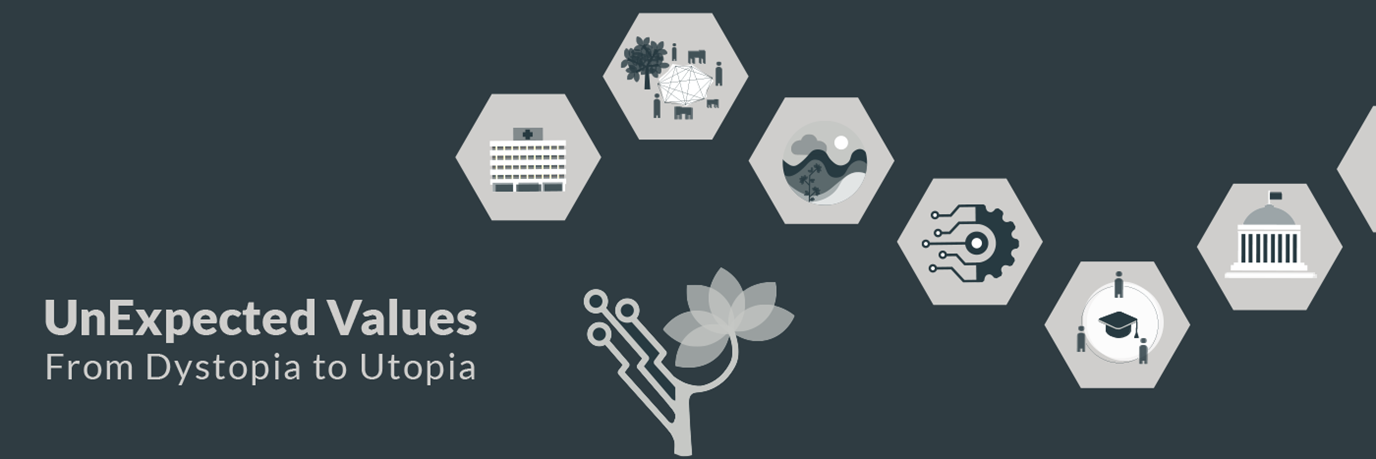Teacher: Science beyond the syllabus

Context:
You teach a science course and want students to create meaningful work. Inspired by open pedagogy, you have replaced traditional exams with a project where students research science topics and publish them as Open Educational Resources (OER). The approach boosts collaboration, creativity, and real-world impact but requires heavy scaffolding, class time, and grading changes.
Dilemma:
A) Continue the OER project, fostering engagement and lasting contributions despite higher workload.
B) Return to textbooks and standard assessments for simplicity but less creativity and impact.
Story behind the dilemma:
This project emerged from a desire to make student work more meaningful and lasting. Initially using traditional posters and papers, the instructor grew frustrated seeing students' creative efforts discarded after grading. Inspiration came from Rajiv Jhangiani's talk about Open Educational Resources (OER), sparking the idea of having non-science majors create science content for future students.
Beginning in 2017 with RWU OER Fellowship support, students developed Google Sites on science topics. Early challenges included copyright issues and student permissions, leading to added copyright education in 2018. The project evolved significantly by 2019, becoming 60% of the course grade with scaffolded group work and the removal of exams. Students created websites on topics like climate change, AI, and nutrition, with the instructor adopting ungrading to focus on feedback.
The initiative proved particularly valuable during COVID-19's remote learning phase, demonstrating the flexibility of OER. By Fall 2020, multiple student-created websites formed an expanding open resource collection, transforming temporary assignments into lasting educational materials while increasing student engagement and ownership of learning.

